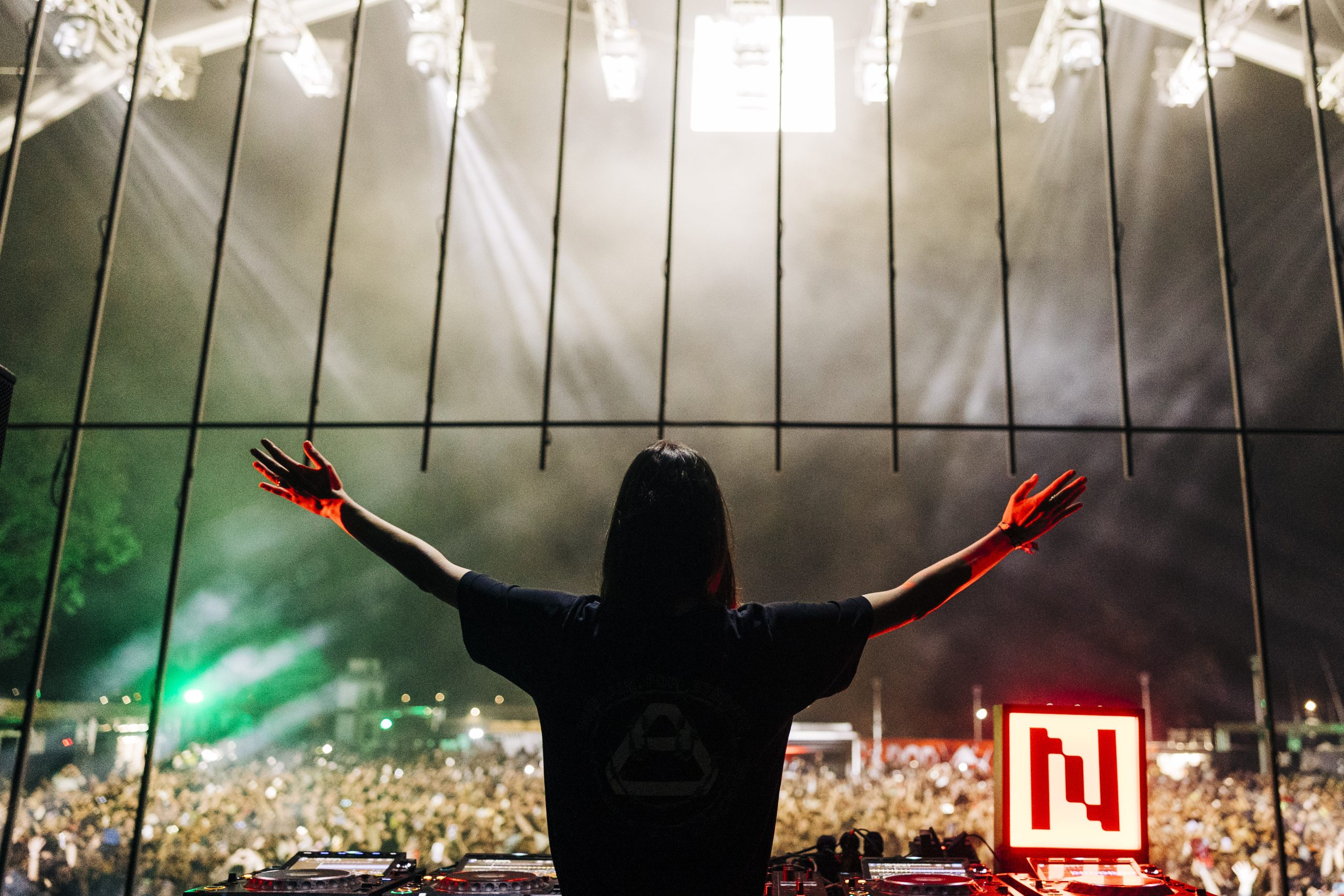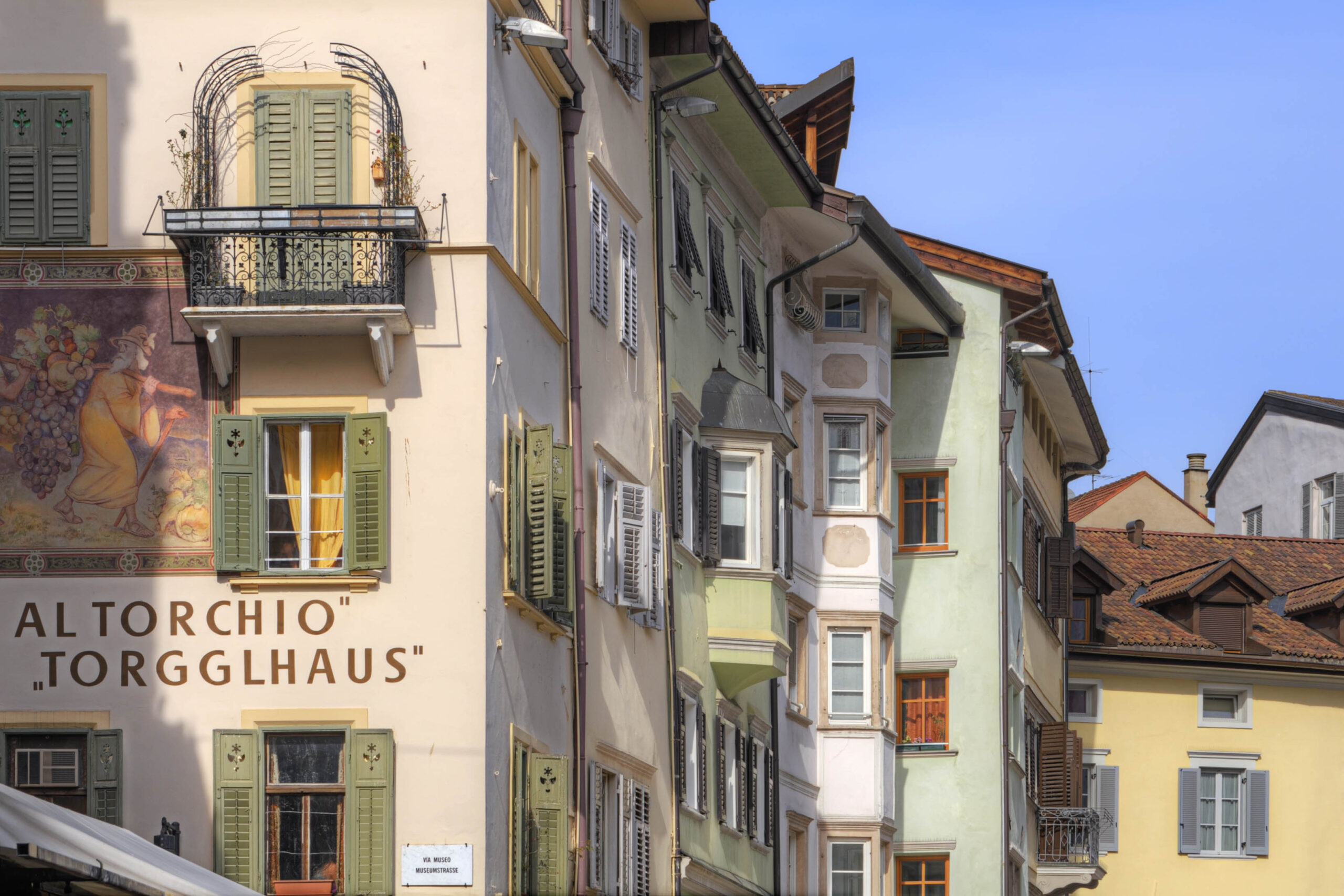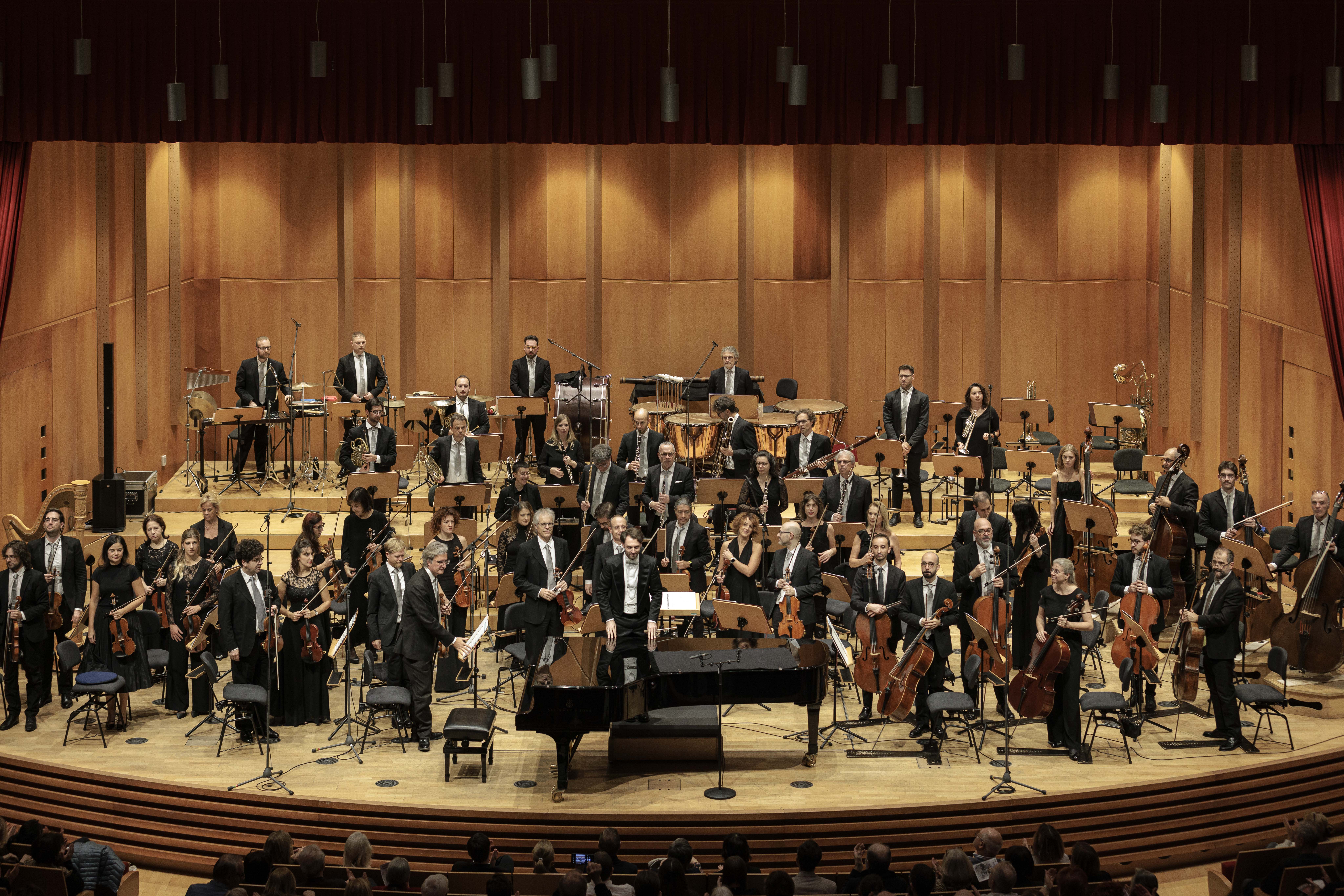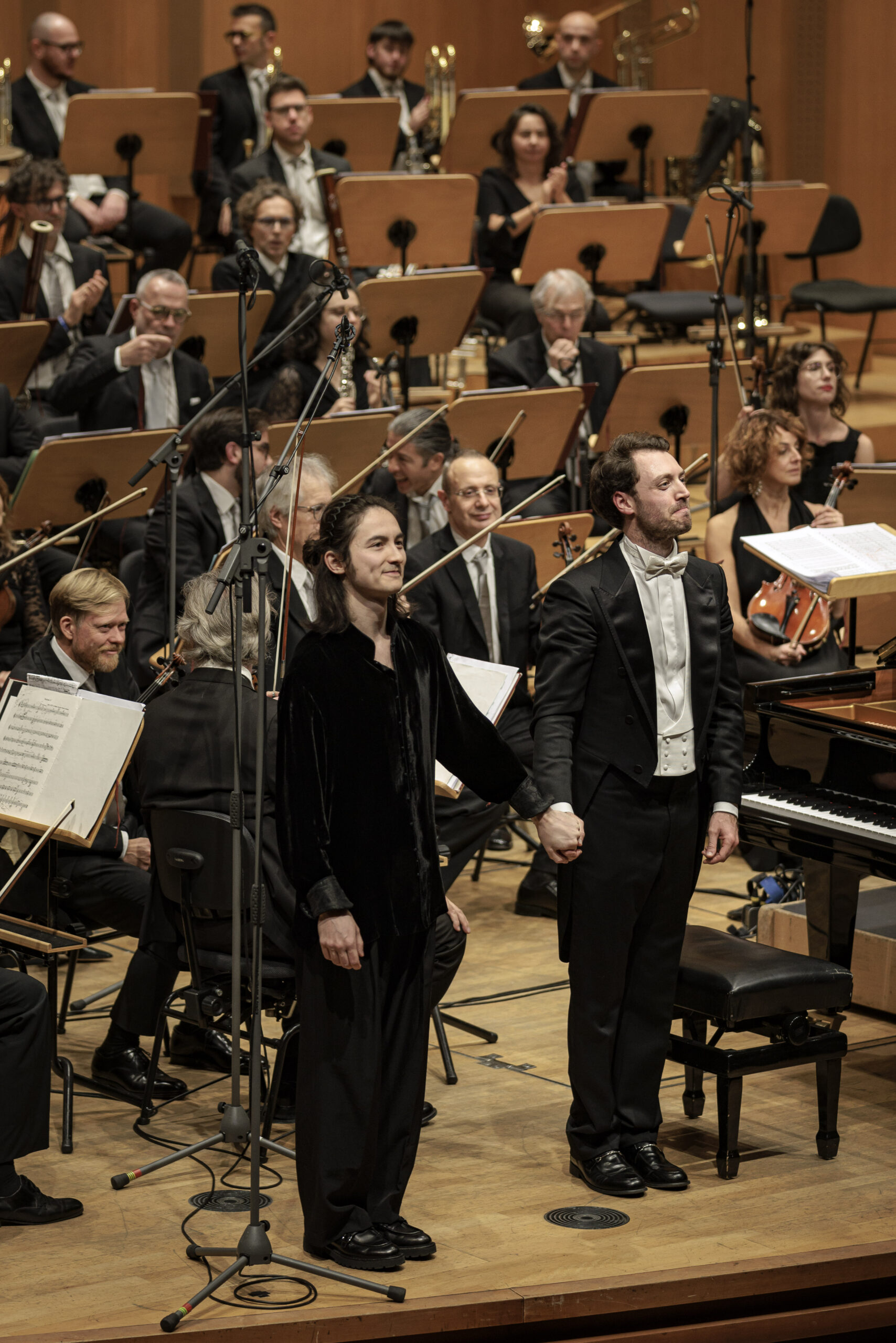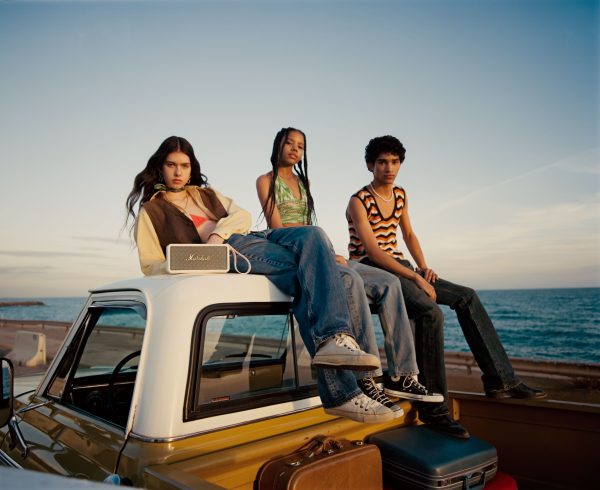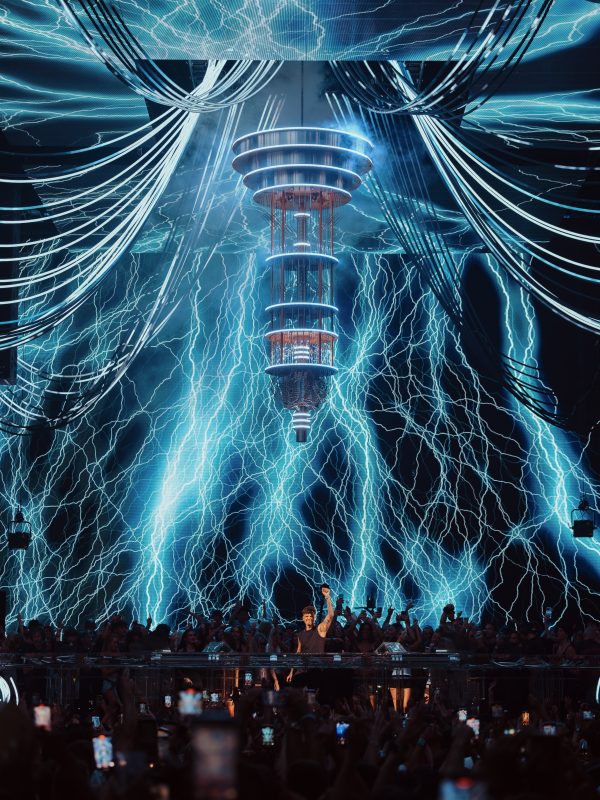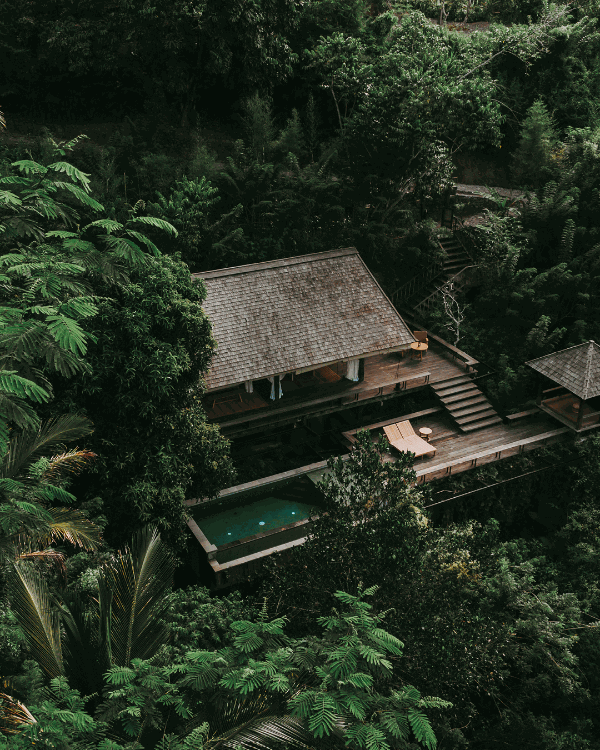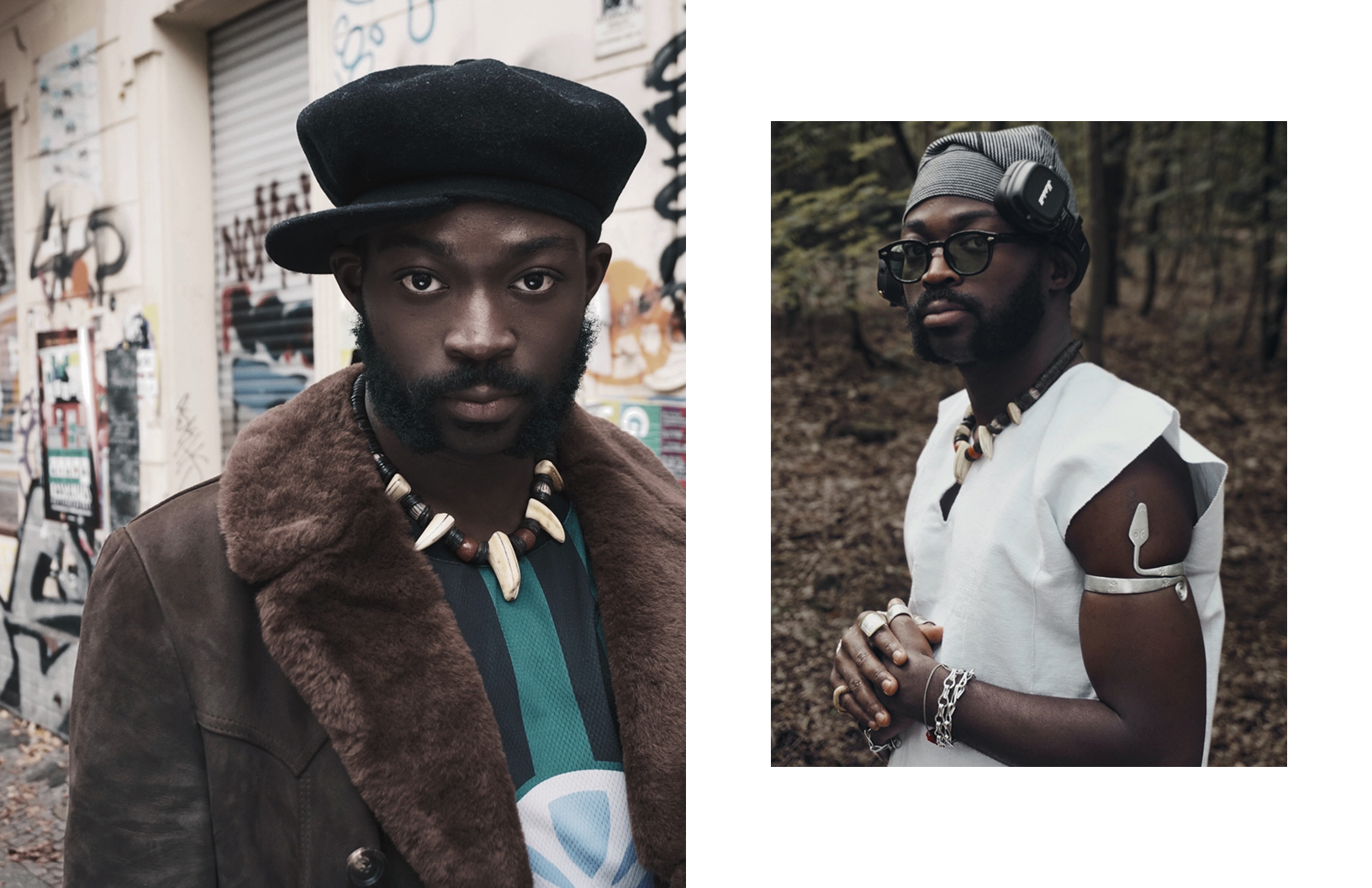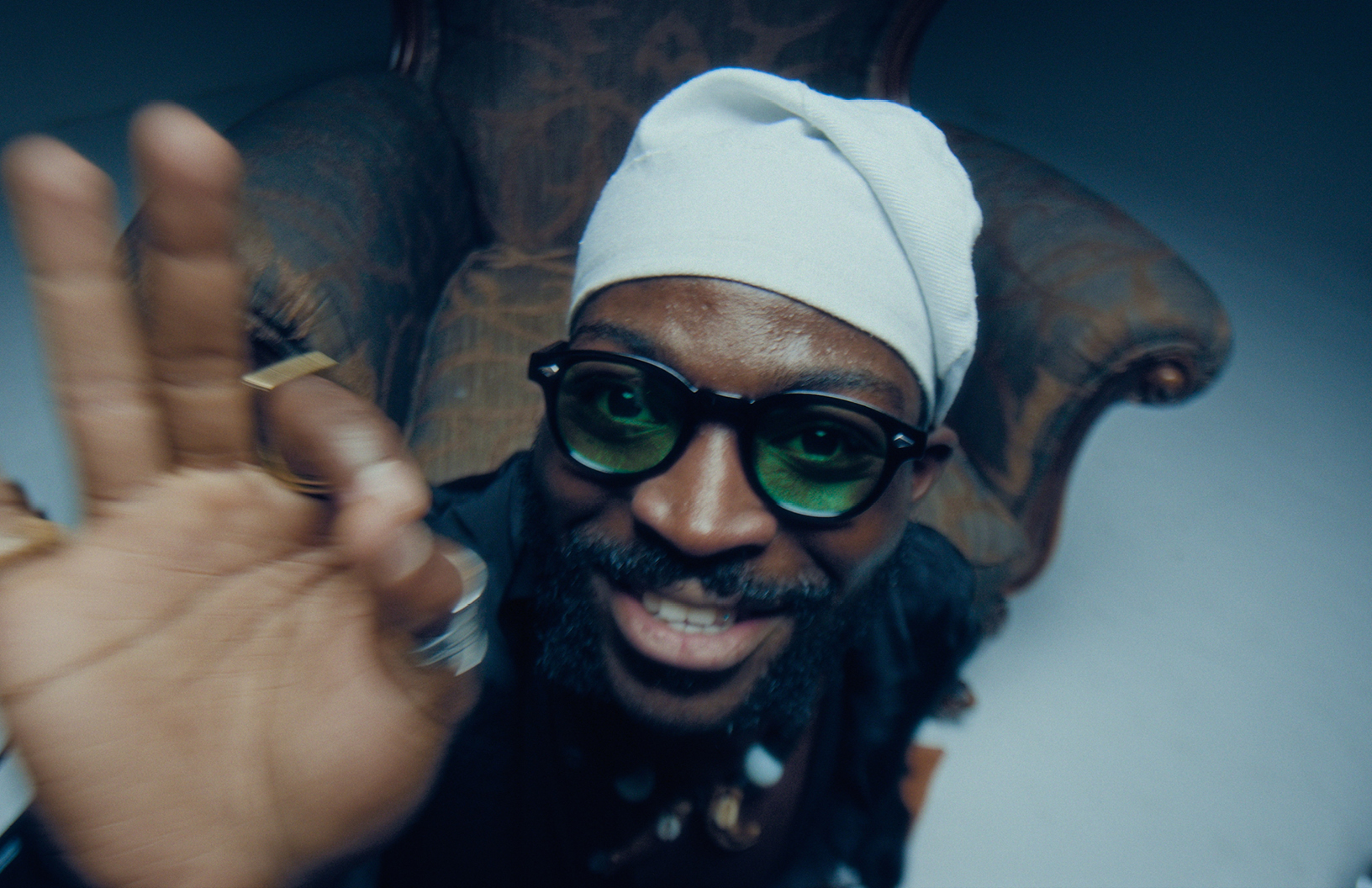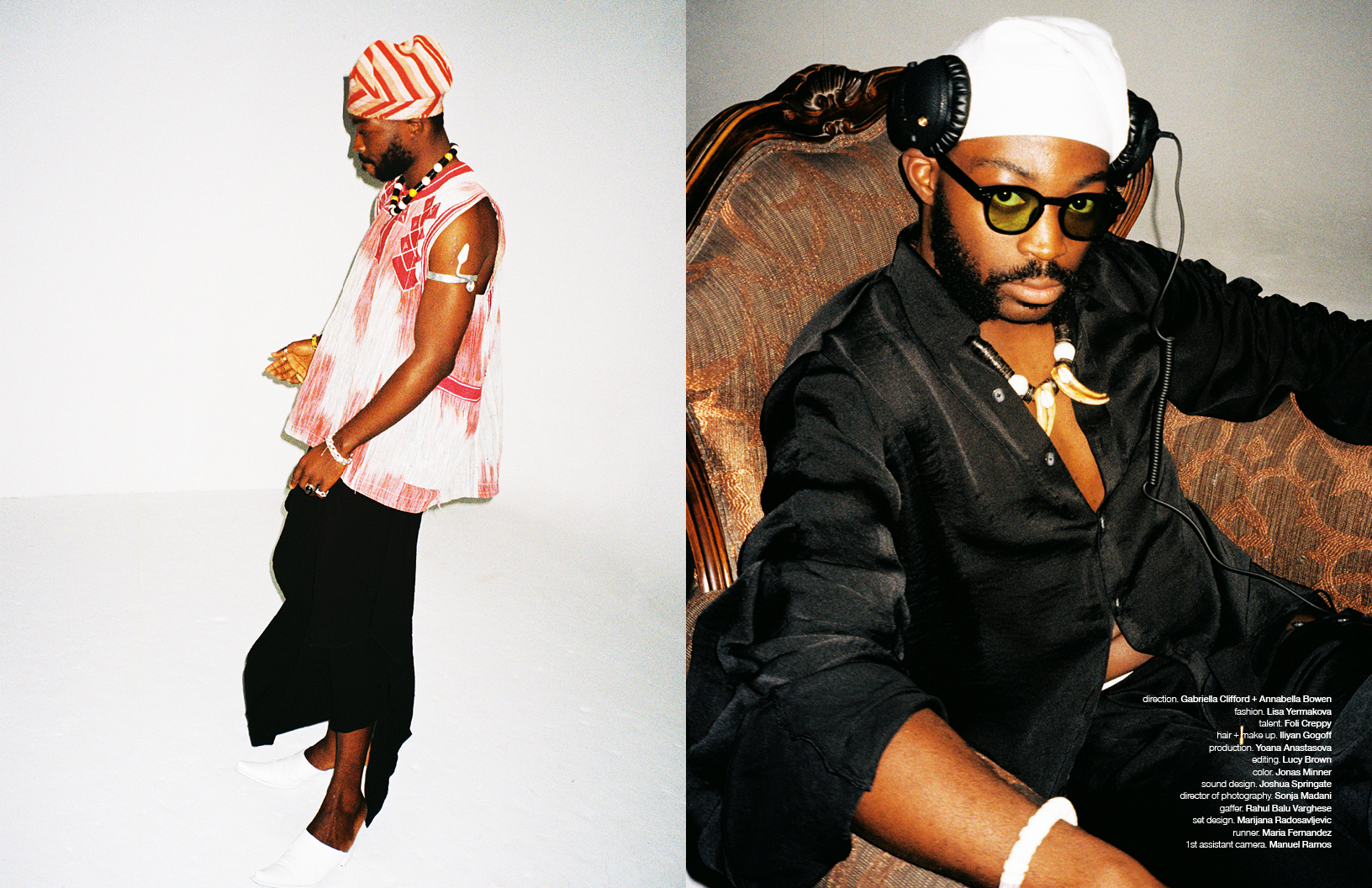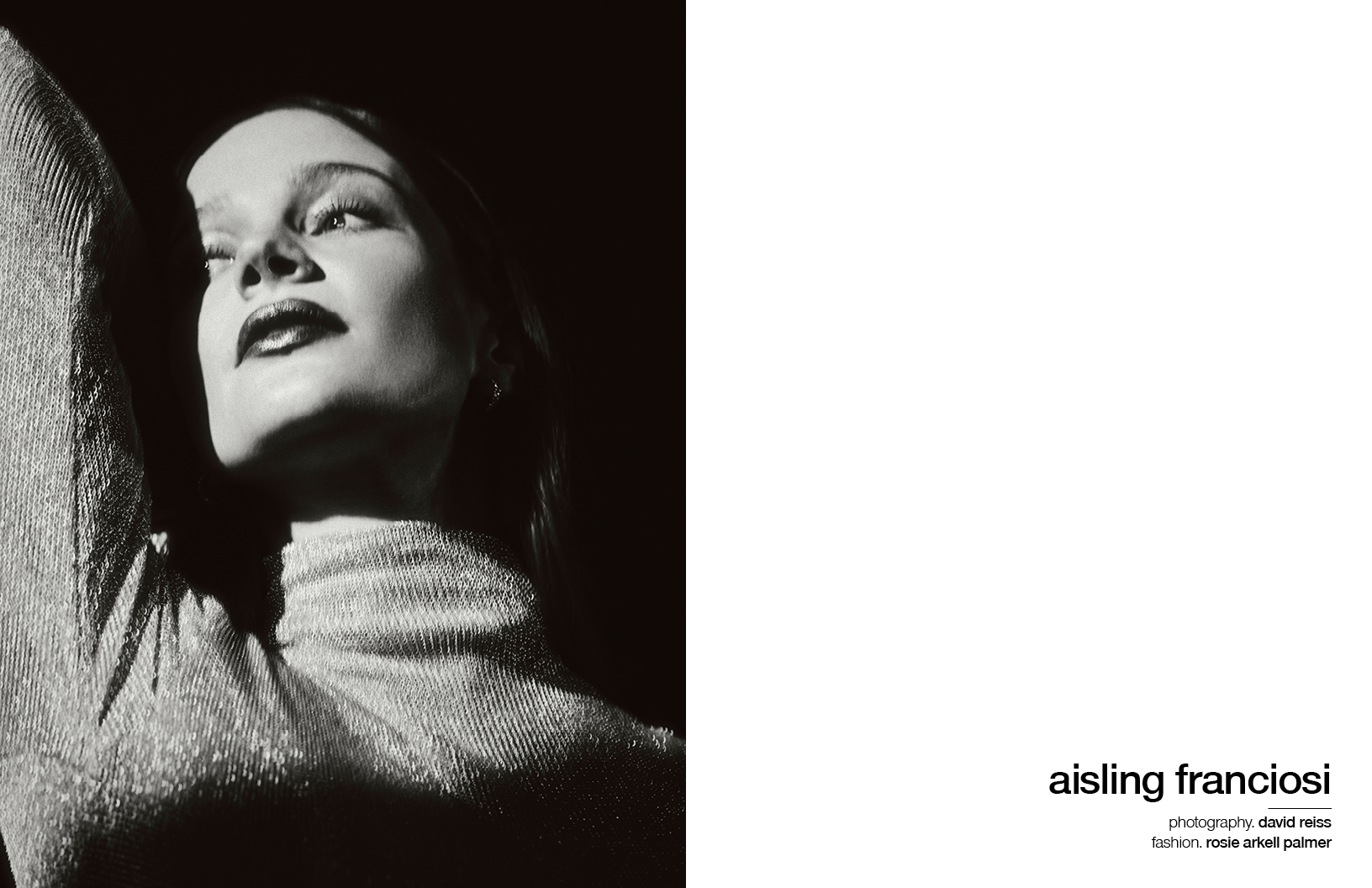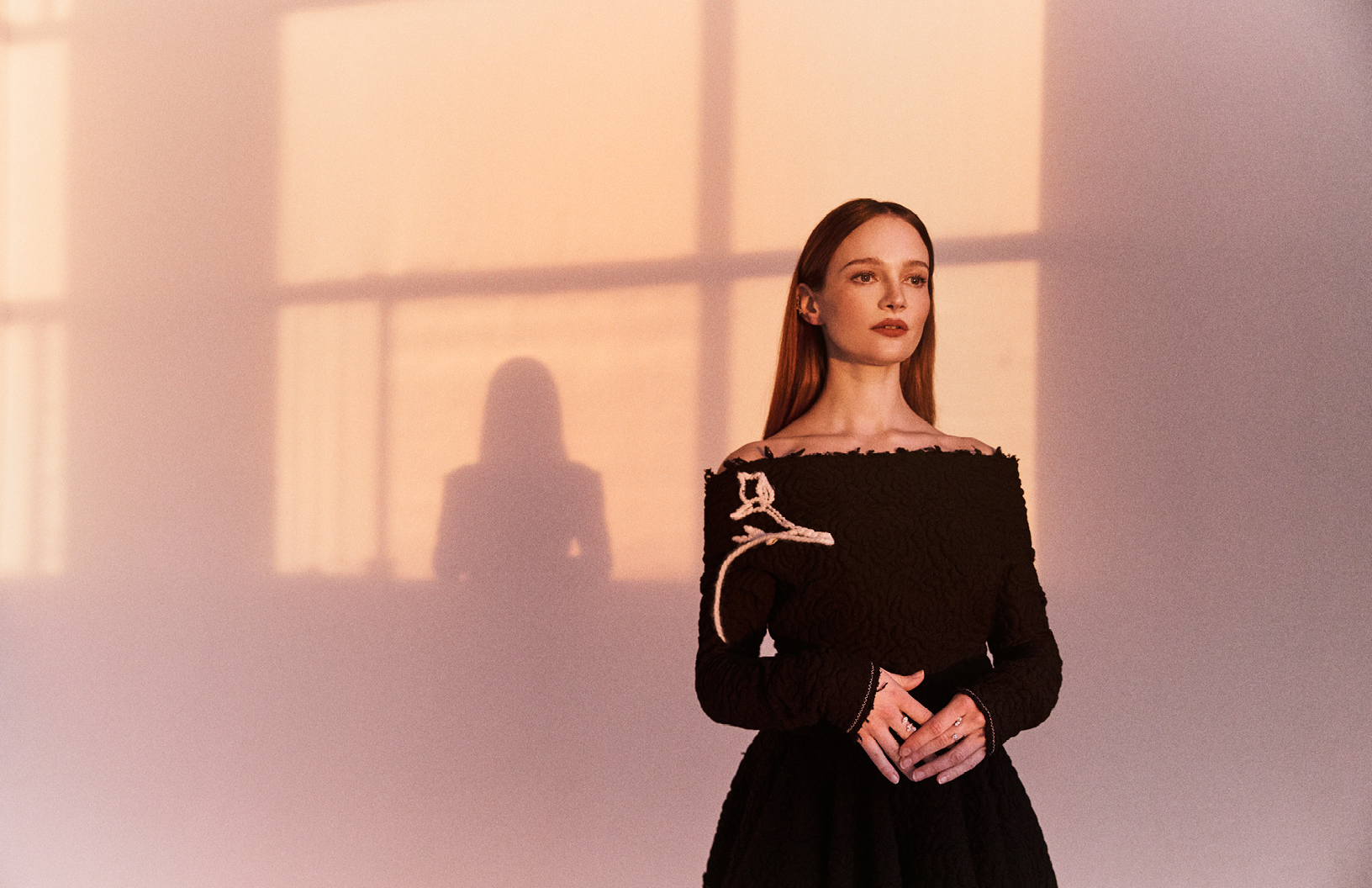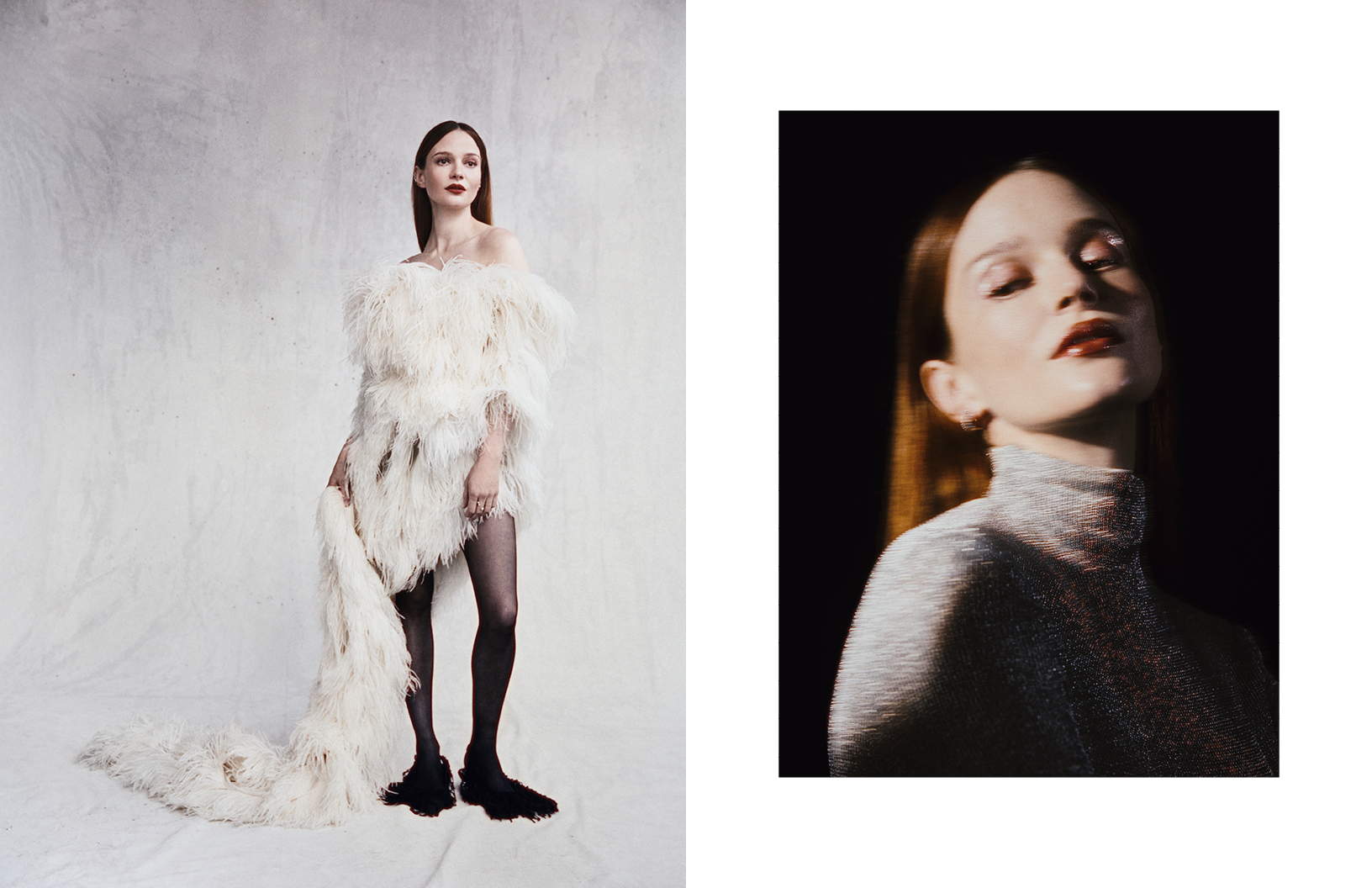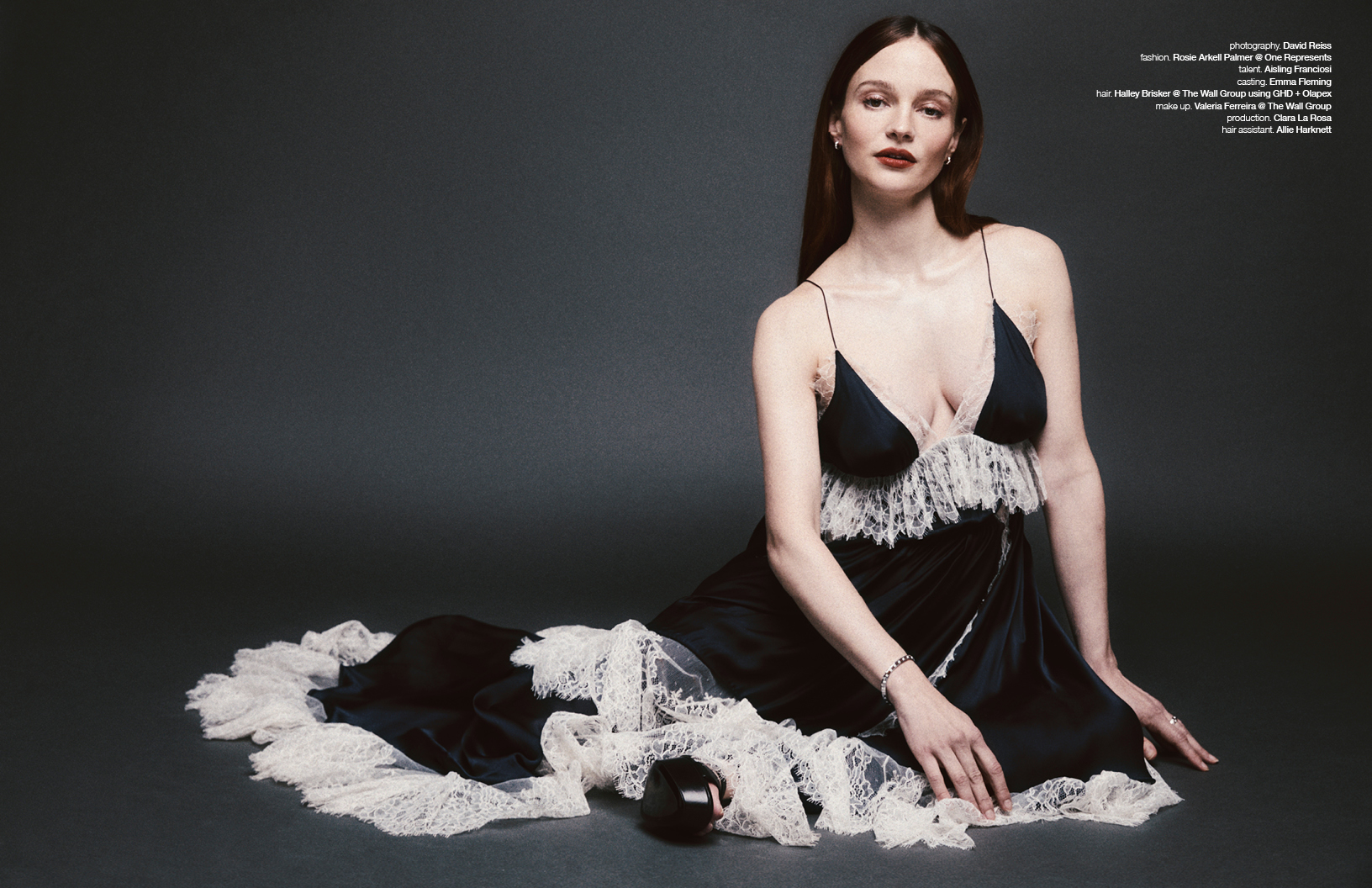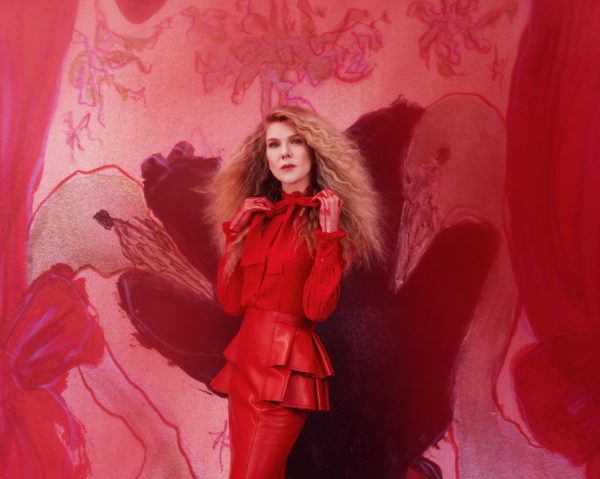
In the kaleidoscopic mix of cultural revolutions, only a few movements throughout history have left a mark like Flower Power. Back in the 1960s, this era of peace, love, and psychedelic expression transcended fashion and music, rooting itself deeply into people’s lifestyles and minds. The flower kids of that transformative decade had the goal of reshaping the world with their ideals, mainly focused on harmony and freedom, they also planted the seeds for a musical evolution that we still cherish. When we look at today, the spirit of Flower Power still runs through the veins of electronic music while creating a stream that bridges sound and colours.
A place where many Flower Power descendants landed was Ibiza. Ibiza has always been a paradise where Flower Power blossomed. It’s the island’s ethos, perhaps, that created and kept the magnetic allure of free spirits and creative souls flourishing here for decades. Therefore, it is no surprise that one of Ibiza’s oldest clubs, Pacha, has a long-lasting ode towards this decade of revolution that shaped the island into what it is today. With their legendaryFlower Power party, the club takes us back to the ’60s and shares stories of that time throughout chapters like HOLI IBIZA, CIRCODELIA, ARMY OF FLOWERS, and FUTURE OF FREEDOM.
Top this with headliner Bora Uzer, and you get an amazing blend of tradition and innovation with melodies that touch your soul. Perhaps Bora is one of the most eclectic electronic alchemists of our time. His journey is a testament to the transformative power that music can bring. His sound is a harmonious mix of East and West. Bora’s music is not just heard; it is felt, an immersive experience that transports listeners somewhere they haven’t been. He is a storyteller, creating narratives, and inviting his audience to join him on a trip to discover new emotions.
Schön! flew off to Ibiza to speak with this legend just moments before his set at Pacha’s Flower Power party.

What is the recipe for creating a great set?
I used to be in a band; I come from a live music background. I play instruments, I loop things, create moments with other people, sample them. It feels Flower Power; I create happiness. I don’t prepare my sets; it’s just the people that I play my music on. It maybe sounds cheesy, but I look at the crowd as colors. I don’t play styles or whatever; it’s good music, and it’s colors. I look at the crowd whether they feel green, yellow, or blue, or when they are fired up, it’s really red or orange. So the crowd tells me where to go. I don’t use any headphones. I have all my tools at my laptop. Sometimes I’m like, it feels quite red right now, then I go to red lamps, and I start pressing buttons. I’m not one of those guys who prepares. I just take sounds with me that I pre-approve, and from there I play whenever it feels good. I don’t want to know what’s coming; it kills the energy for me. The unknown is more fun and creatively stimulating. The moments you can’t prepare for, the ones that come out of nowhere, are gold to me.
Do you have a favourite Turkish traditional instrument that you resonate with most, and if so, how does that instrument inspire and translate to your creative process in creating instrumental beats in clubs?
I mean when it comes to Middle Eastern instruments, I like fretted instruments, like the Turkish oud, because you can go anywhere with it basically.
Obviously, the Flower Power period was all about protest and belonging back in the days. What does belonging mean to you, and how as an artist do you find a sense of belonging while being on the road a lot of the time and surrounded by different cultures and people most of the time?
I mean belonging is like a bag that somebody has to sew. We are the needle; we are stitching it. Every artist, every DJ, we are the ones who are creating that. I don’t feel like I need to take a role in that. I am not the leader; I am the vessel. I’m an entertainer; I studied jazz with a set of skills, but I work for people. I want their dance and their happiness.

You studied Jazz in Rotterdam. What was it about that place that made you pick it?
It just happened like that, the cards played out like that. They brought me there, and I won a scholarship.
Did you have a mentor who inspired you at an early age to whom you still owe part of your legacy today? And if so, what did he or she teach you?
I had some guitar players in my life. They helped me a lot, whether it was in school or later in my career. Özkan Uğur from the band MFÖ was like a father to me, and he unfortunately recently passed away, but he helped me a lot throughout my career and taught me about music.
What do you believe the role of a musician is in today’s society?
I’m just a piece of the puzzle.

Learn more about Pacha Ibiza at pacha.com.
words. Dave Lantinga















